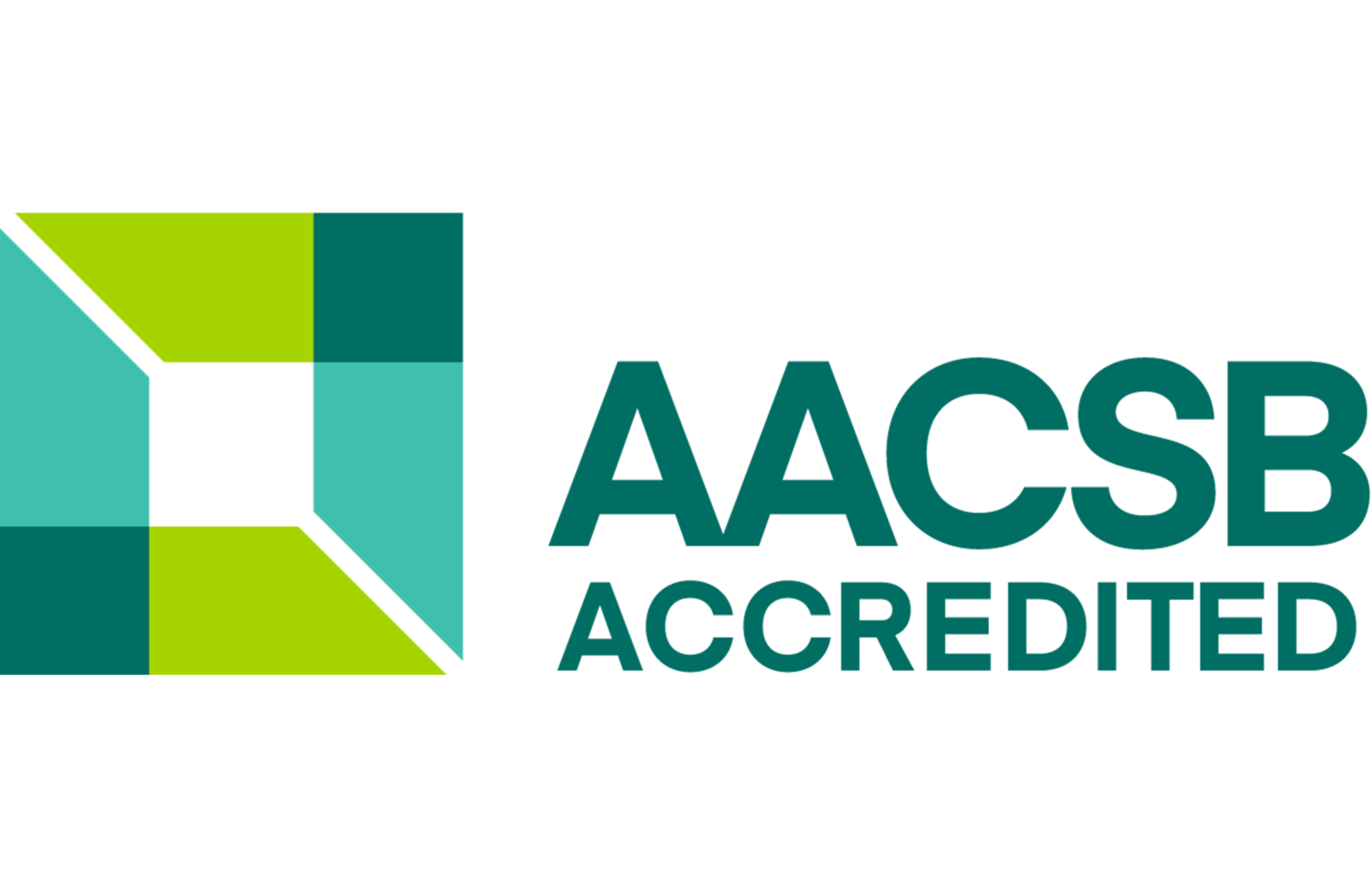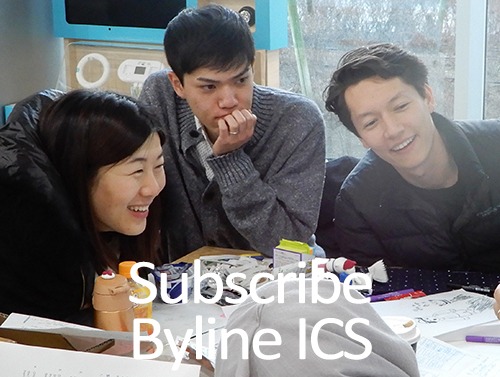
Sarah | MBA Class of 2019
Q. How is it like to work in Japan?
I used to work in the U.S. before ICS, so you could imagine how tremendous the culture shock I faced after I started working in Japan. Based on personal experience, I would like to share two of my findings:
- Japanese companies are not always result-oriented. I am not saying this in a negative way. With a company culture of rewarding hard work and conscientious attitudes, it is easier for foreigners like us to fit into the companies.
- Individualism in the workplace is discouraged. Japanese companies are very much about teamwork. Fitting into the group and being able to support other team members is highly valued. I am not sure how to comment on this as good or bad because it is subject to personal opinions, but you may want to consider how to blend this point into your answers when you prepare for a Japanese interview.
Q. Do you currently use Japanese at work? What level should fellow ICSers should aim for?
I am lucky enough to have landed a job that utilizes both English and Japanese. Most of my output can be delivered in English, though the in-house daily communication language is still Japanese. I consider my current Japanese level somewhere above limited professional but not yet advanced. If I were to go through job-hunting again, I would start practicing Japanese from day one after joining ICS and prepare myself for Japanese interviews. It is hard to say what level is enough for getting a job. If you aim for positions in consulting or finance, I would say your Japanese may need to be as good as your English, or perhaps even better. If your interest is in the back office (e.g. data analysis), being able to clearly understand the tasks you are given and explain your work in Japanese is needed.
Q. Any tips for ICSers for job-hunting in Japan
First of all, try your best to overcome the language barrier, even though it is something requiring significant time investment and relentless practice. What I am saying here not only refers to JLPT levels but rather the Japanese way of thinking. Of course, getting an N1 or N2 certificate will be helpful for your CV, but knowing how to communicate properly is the key.
Second, rank the goals you want to achieve in your new job, write them down, and stick them somewhere easy to find. You have to understand yourself first and understand what you want to achieve – your number-one goal. Prioritization is needed because there is no perfect job that can suit all your wishes. If your top goal after receiving your MBA is to change industries, I wouldn’t send CVs only to companies in Japan. If your top goal is staying in Japan, then apply to all possible positions, even entry-level ones. Putting an end to aimlessly wandering and being clear-headed about what you must have will make your way forward smoother. 









